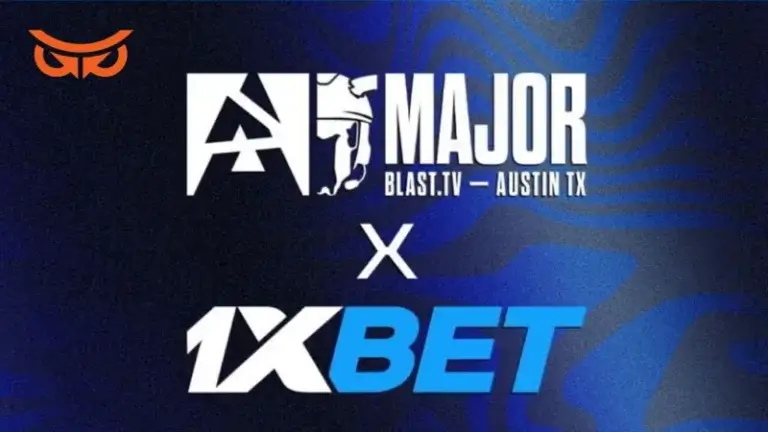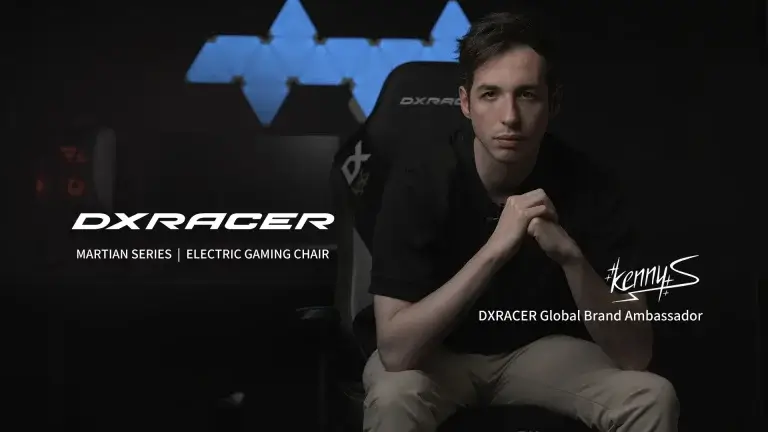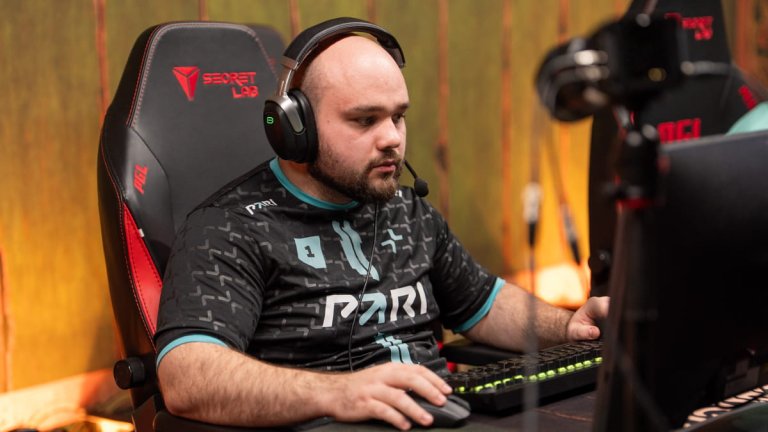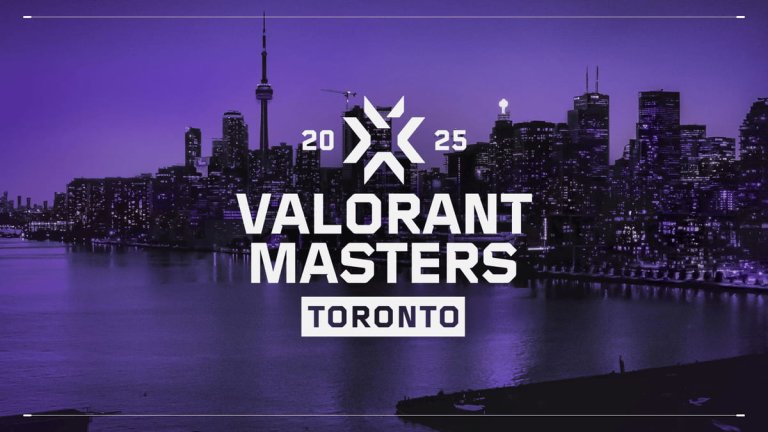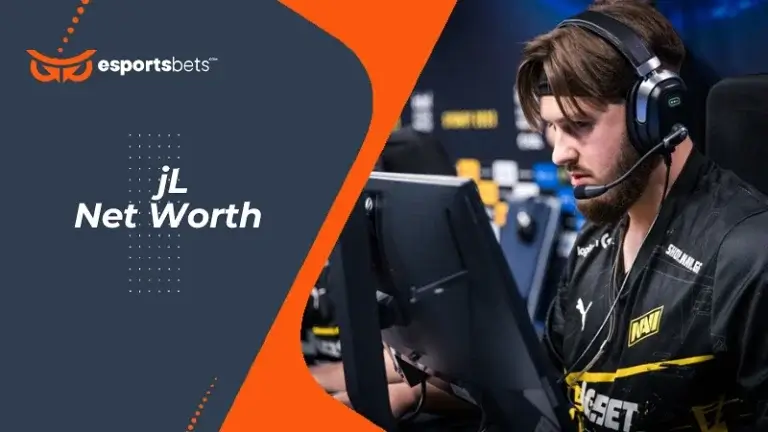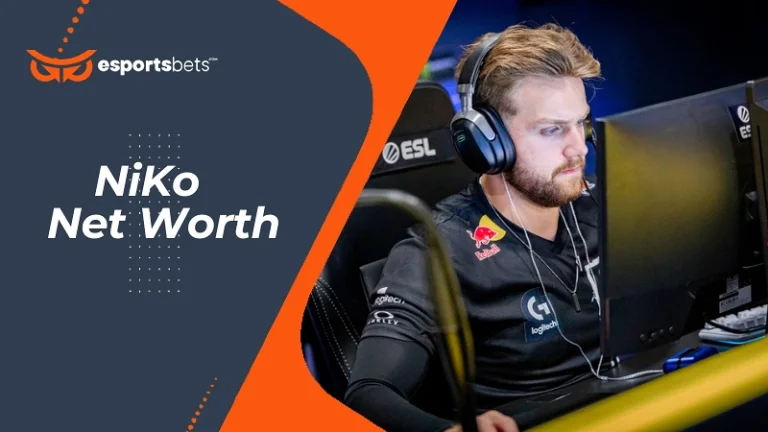What Esports Careers Are There Beyond The Actual Gaming?
As a booming industry, esports careers come in many shapes and sizes each with their role. Regardless of the particular esport, certain jobs are the backbone of the industry and certainly go beyond simply gaming at the highest level. Read on for the ultimate walkthrough in esports careers.
Types of Esports Careers
At face value, the esports industry consists of international tournaments in which the best players in the world compete for global dominance.
It’s all too common that the community will place too much emphasis on the professional players who receive all the attention – not knowing the behind-the-scenes work which goes into every tournament. However, achieving this involves planning, preparation and several esports careers.
Using our experience in the esports industry, here’s a look at the types of esports careers out there:
| Esports Career Type | Description |
|---|---|
| Main Team Competitors | Competing to be the best players in the world |
| Team Support Staff | Coaches, assistant coaches, performance coaches, analysts, substitutes, player agents, general managers |
| Media Crew | Observers, shoutcasters, desk analysts, journalists, videographers, stage crew, streamers |
| Esports Tournament Organizers | Tasked with scheduling tournaments, marketing, venues, refereeing matches and prize pools |
| Esports Publishers & Developers | Create and update games to be the best esports titles possible |
| Esports Betting | Esports betting editors, journalists, product managers, data analytics manager |
In this featured discussion, we’re taking a closer look at each esports career type and discussing its importance.
Main Team Competitors – The Stars

Starting with the most obvious, competitors are professional players who wake up every day to be the best of the best.
Whether it’s in a team or as an individual, professional players are experts in their title and practice or “scrim” as often as possible. At the end of the day, it’s about winning as often as possible.
Within a team, such as the best CS2 players, players tend to occupy different in-game roles. Outside the game, teams tend to feature captains or in-game leaders who are tasked with leading the team.
In addition, besides competing, the best players tend to also exercise a social media presence and end up being influencers.
Team Support Staff – Insurance Policy

Surrounding the main team are several roles which help keep the team running at full capacity. Here’s a look at some of the pivotal roles:
- Substitute Players – a high-quality substitute can be life-changing in the instance of main team illnesses, VISA difficulties and helping bring change during a rough patch.
- Head Coaches – responsible for making sure the team is headed in the right direction with the best results possible, head coaches are in charge of practice and problem-solving on a daily basis.
- Assistant Coaches – help spread the load and responsibility on the head coach.
- Performance Coaches – many teams have started to implement coaches that prioritize physical and mental fitness to help bring the best out of players.
- Analysts – with a strategic mind for the title, analysts work beside head coaches to bring the best strategies to the table while also preparing to counter-strat enemies.
- Player Agents – help players figure out their contracts during roster changes.
- General Managers – responsible for the daily running of the esports team.
Esports teams that invest in these jobs tend to reap the benefits in terms of consistency and outright performance.
Media Crew – Unsung Heroes
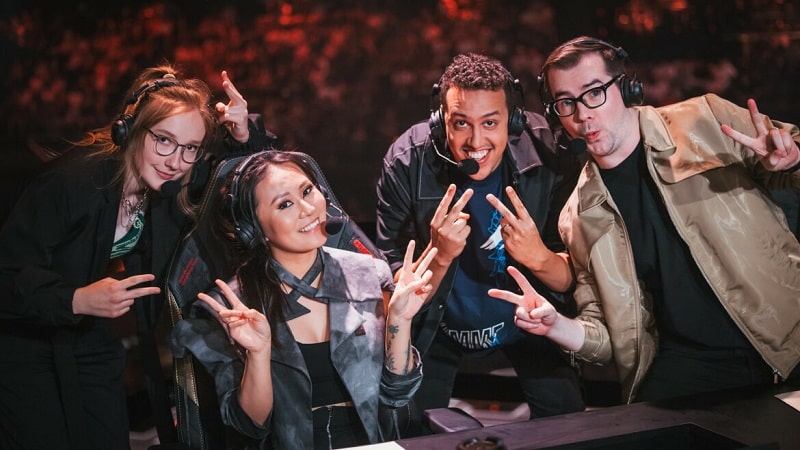
Considering esports is a viewership spectacle, the industry would be nothing without the media crew. Without viewership, esports would have no sponsors and no market of any kind. Many would argue that these are the most important esports careers.
Without further delay, here’s a look at the unsung heroes of the esports industry:
- In-game observers – in team-based esports, a crew of behind-the-scenes observers are constantly swapping between players to capture the best clips and highlights. An extremely stressful job which influences the end-product massively.
- Shoutcasters – legendary shoutcasters in esports have taken the viewership experience to the next level, putting words to the most historic esports moments ever.
- Desk analysts – filling in the void while players get ready or during intermissions, desk analysts also explain the action for viewers both new and experienced.
- Journalists – covering everything from esports tournaments, roster changes and esports news, journalists shed insight into the inner workings of the esports industry.
- Videographers – managing the cameras and capturing all of the epic moments, videographers capture all of the on-stage moments.
- Stage crew – preparing the venue and stage, the stage crew prepare everything from seating, and lighting to the stage setup.
- Streamers – while not part of the ‘media crew’ per say, streamers have a massive presence in esports media, using their following to bring thousands of viewers.
Esports Tournament Organizers

Esports careers also extend to esports tournament organizers. Companies such as PGL, ESL and BLAST work to help manage the esports scene. These jobs tend to be more managerial.
As outlined in the table above, esports tournament organizers help bring tournaments to life by working with esports publishers and esports media crews.
More importantly, esports tournament organizers are tasked with officiating events, making the rules, employing referees and ensuring that competition is fair.
To do so, tournament organizers can work with independent companies such as the ESIC (Esports Integrity Commission) to achieve the goal of integrity and quality at every tournament.
Esports Publishers & Developers

At the heart of any esports is a competitive videogame. Developing and refining the competitive aspect of any game involves several roles:
- Programmers – generate the in-game code which is the backbone of the entire game
- Game Designers – work with programmers to create a well designed title
- Testers – take the title for a spin before mass release
- Publishers – bring the esports title to the community
Moreover, these esports careers never stop working. Considering the esports industry is always changing, esports titles are always being updated and changed, tasking developers and publishers every day.
Most top esports games receive changes in the form of patch notes every few months.
Esports Betting – On the Rise
Last but not least, the esports betting industry offers a multitude of job opportunities.
Whether it’s managing an esports betting product, working as an esports analyst, editor, journalist, data analyst or anything else, esports betting careers help highlight the esports betting industry.
The team here at Esportsbets works tirelessly to keep up with this everchanging industry.
As esports grows, so does esports betting.














